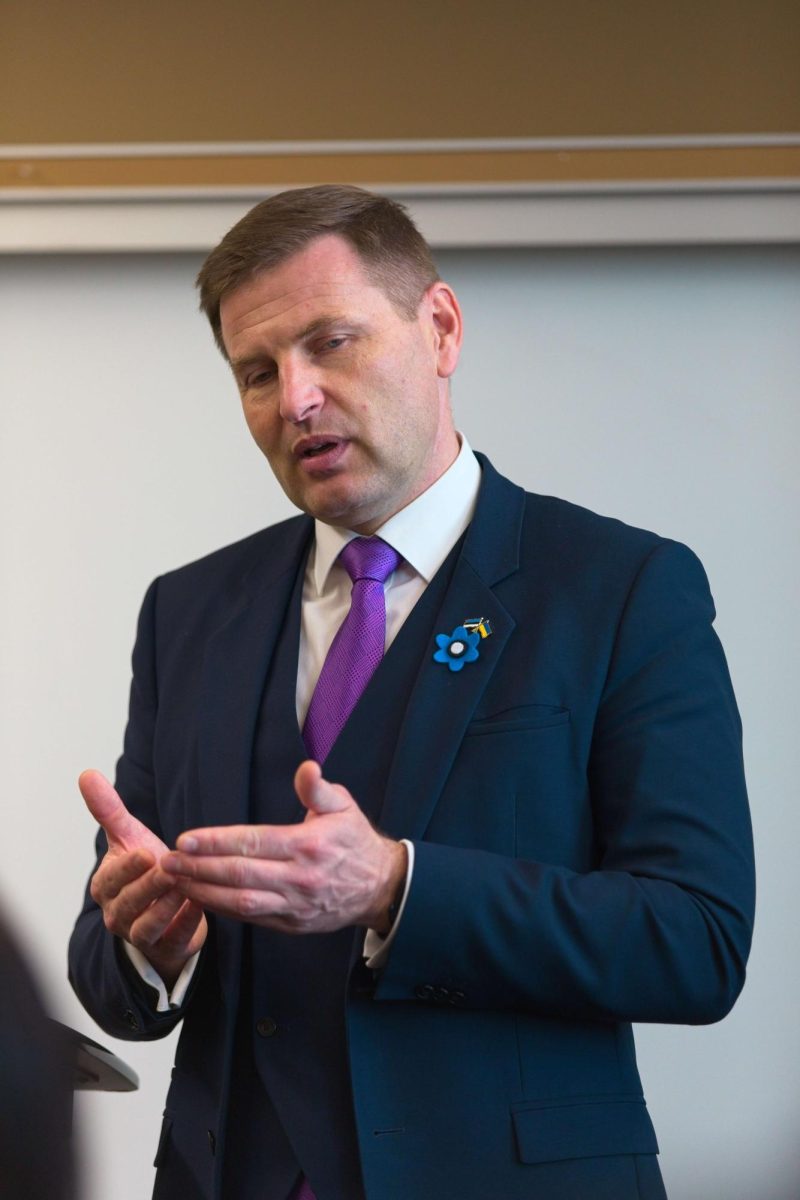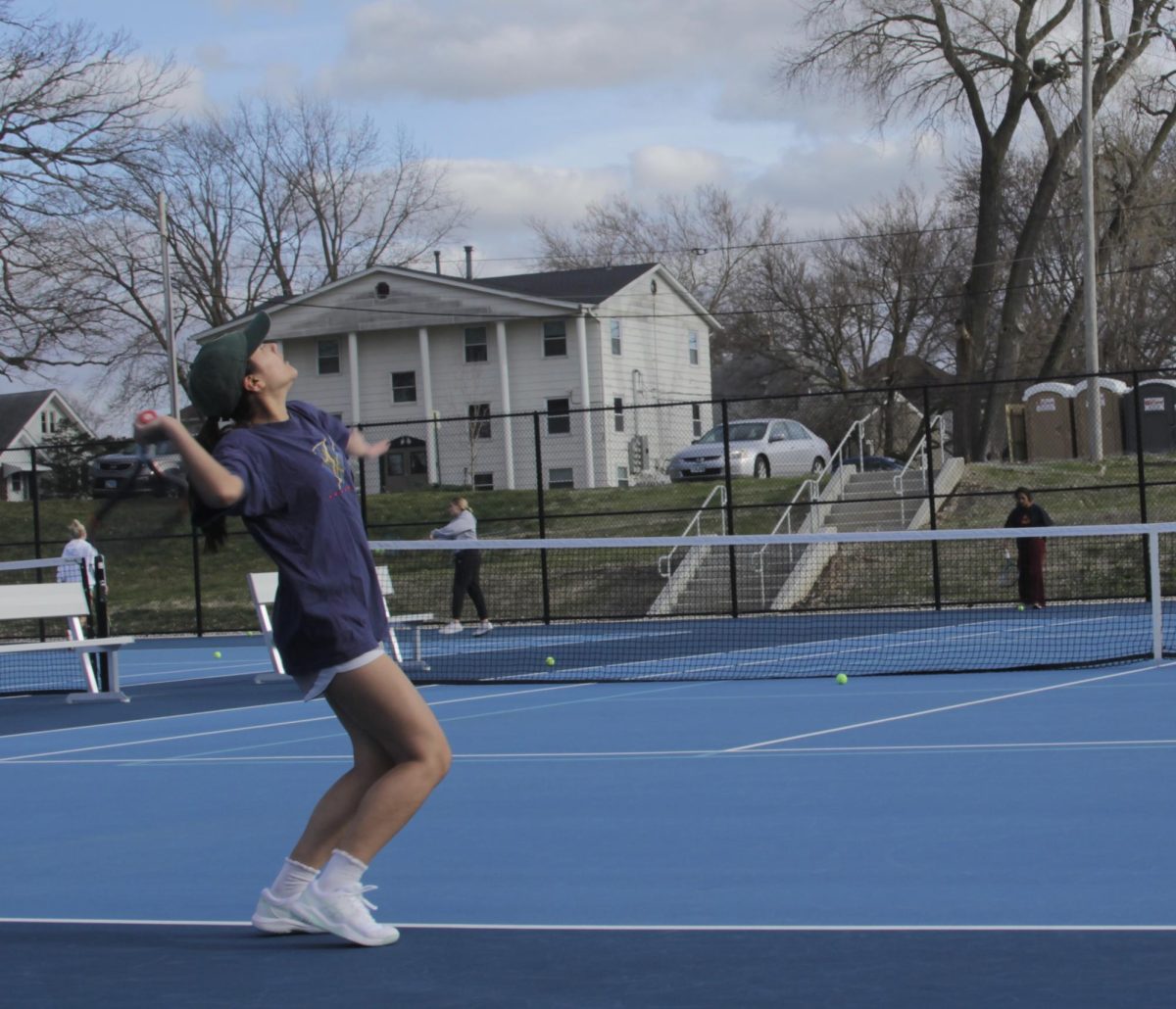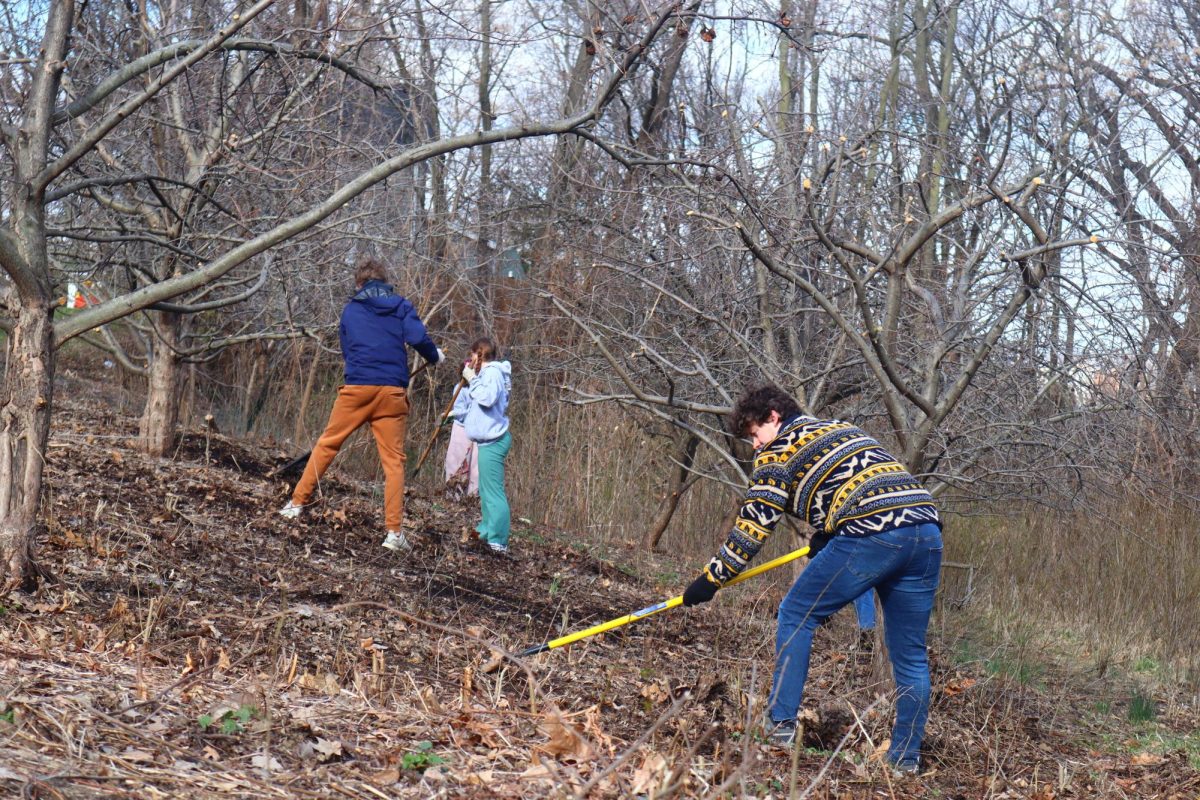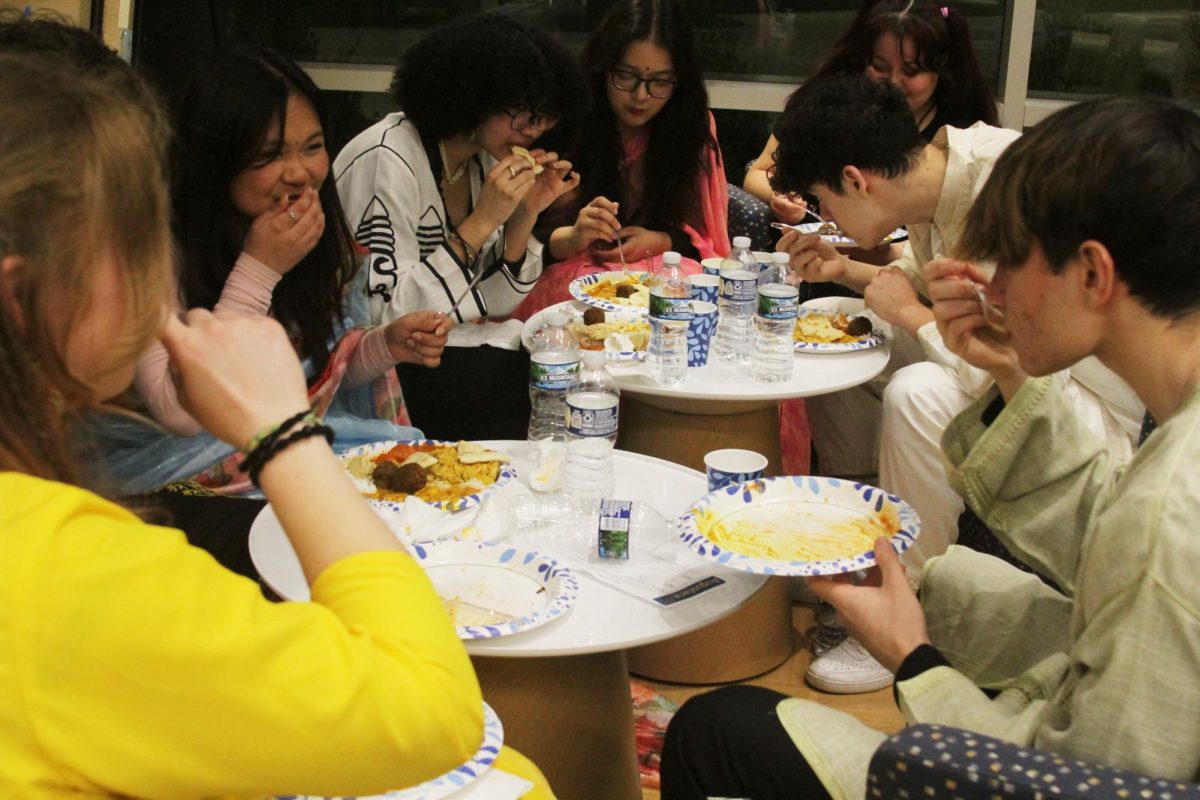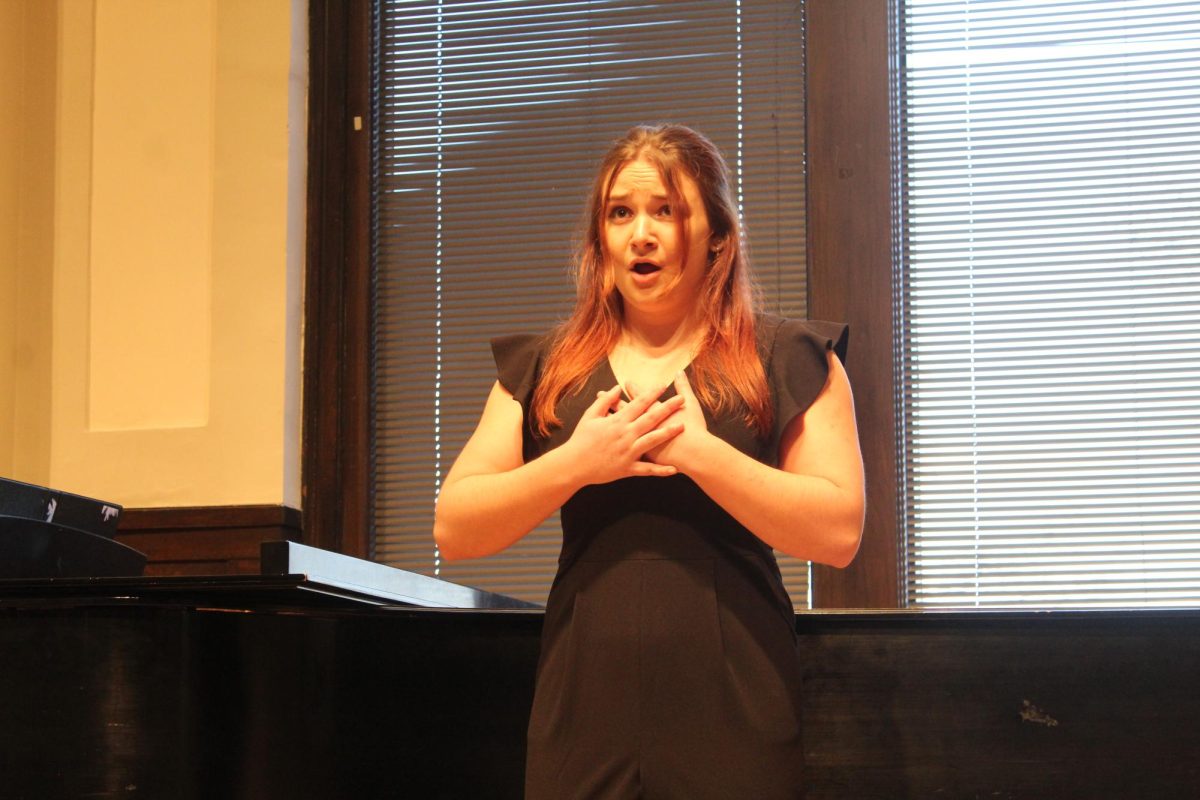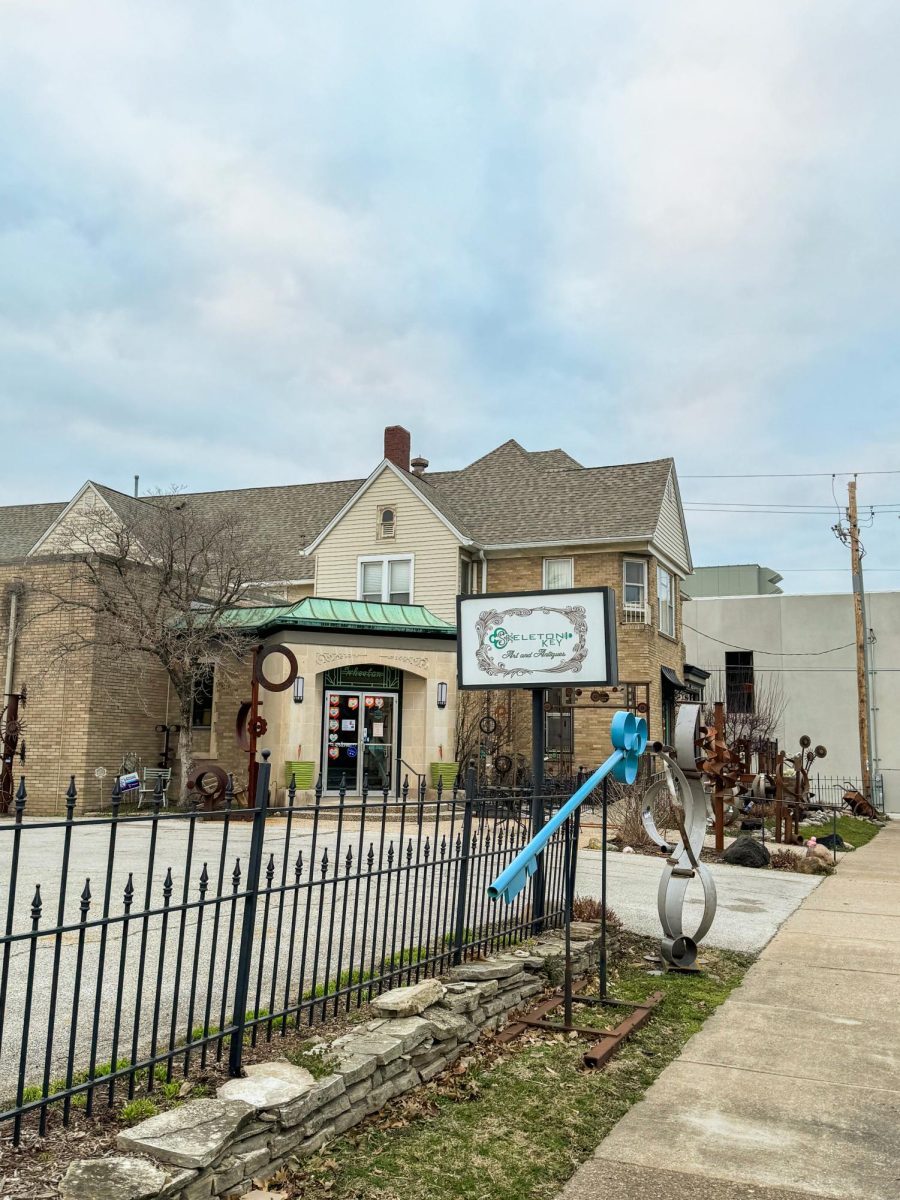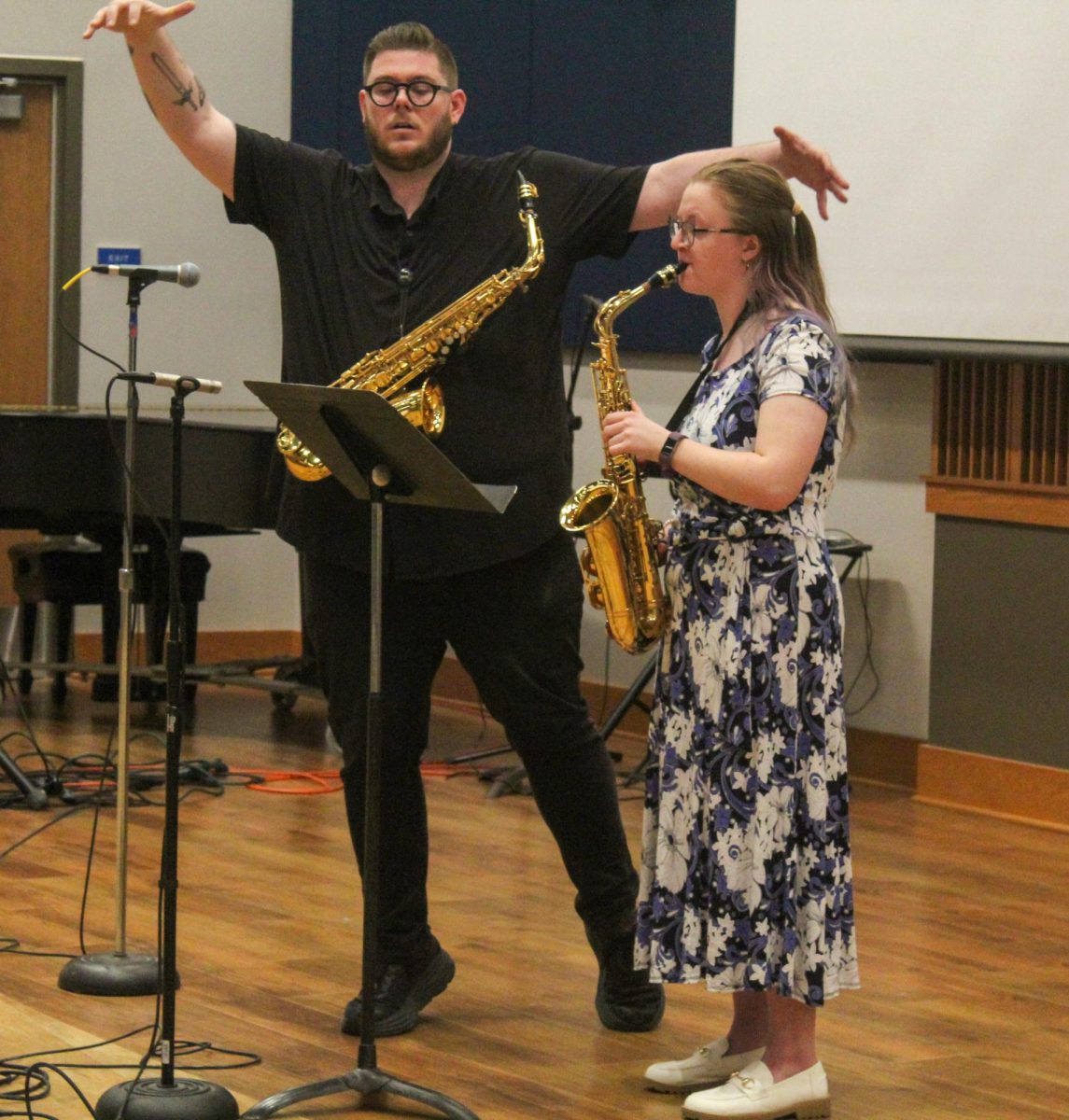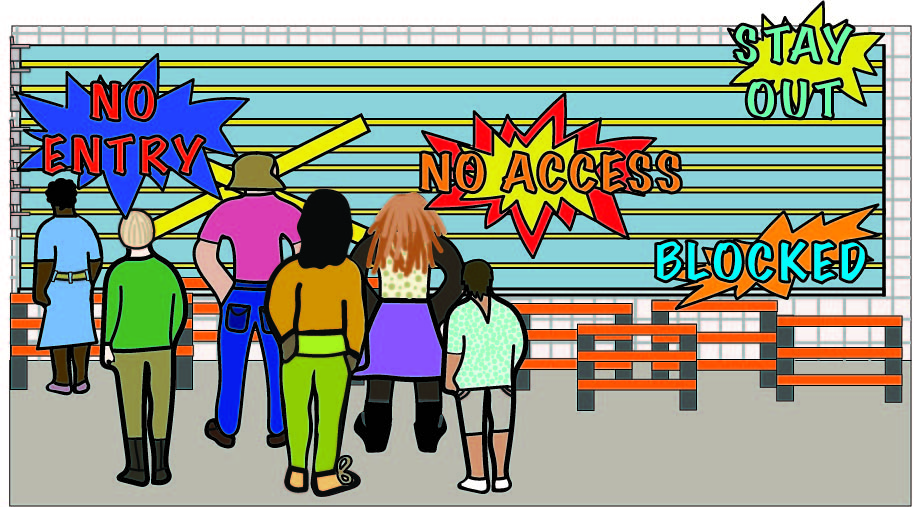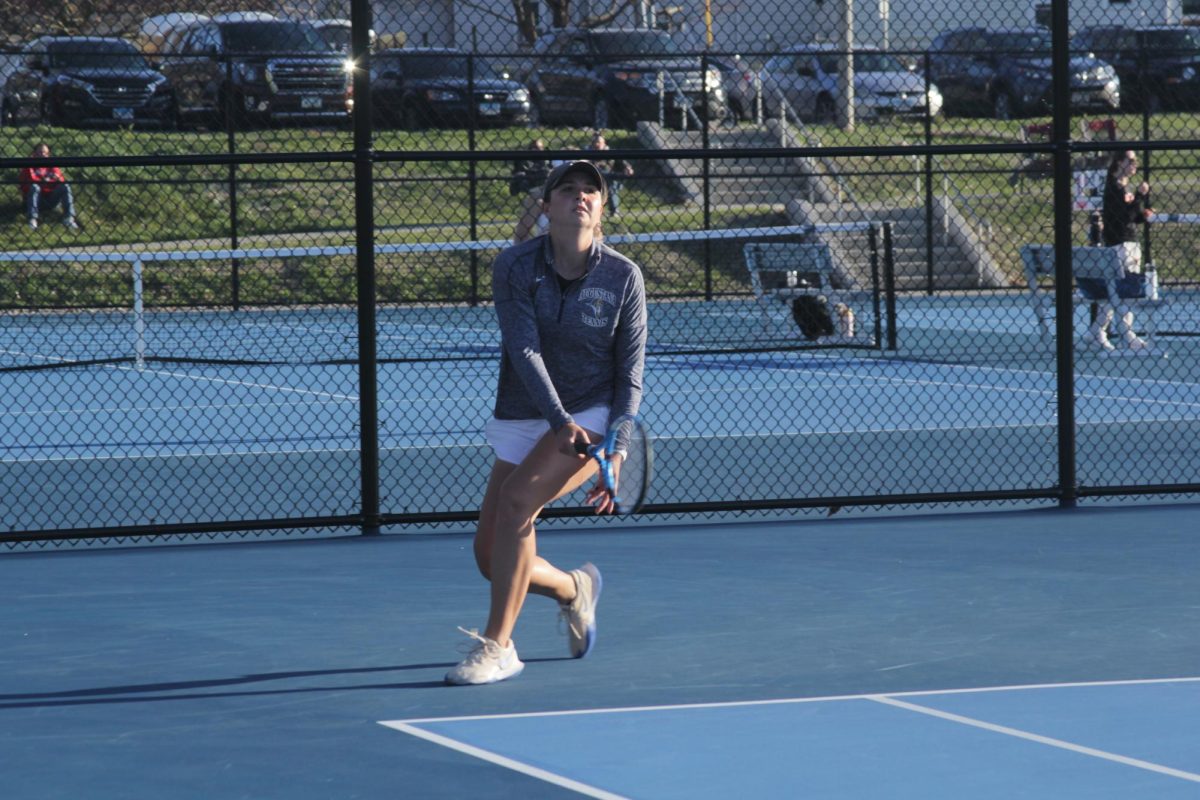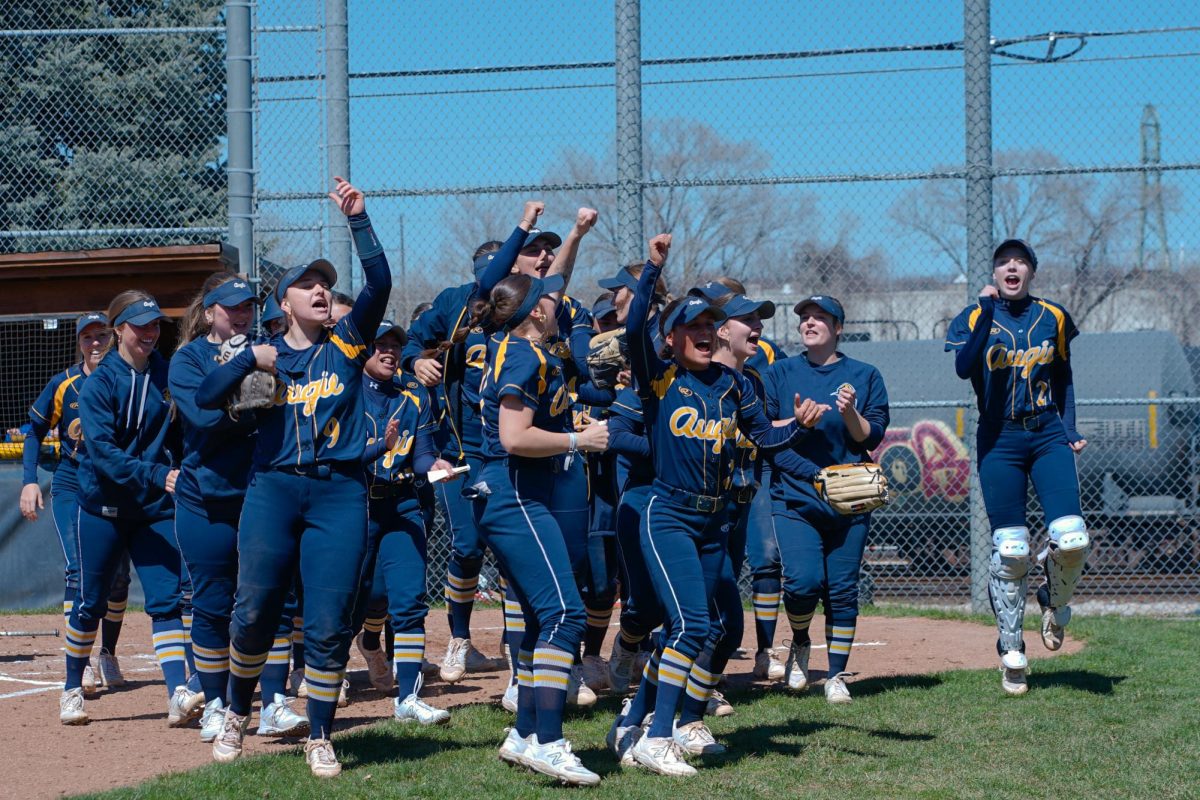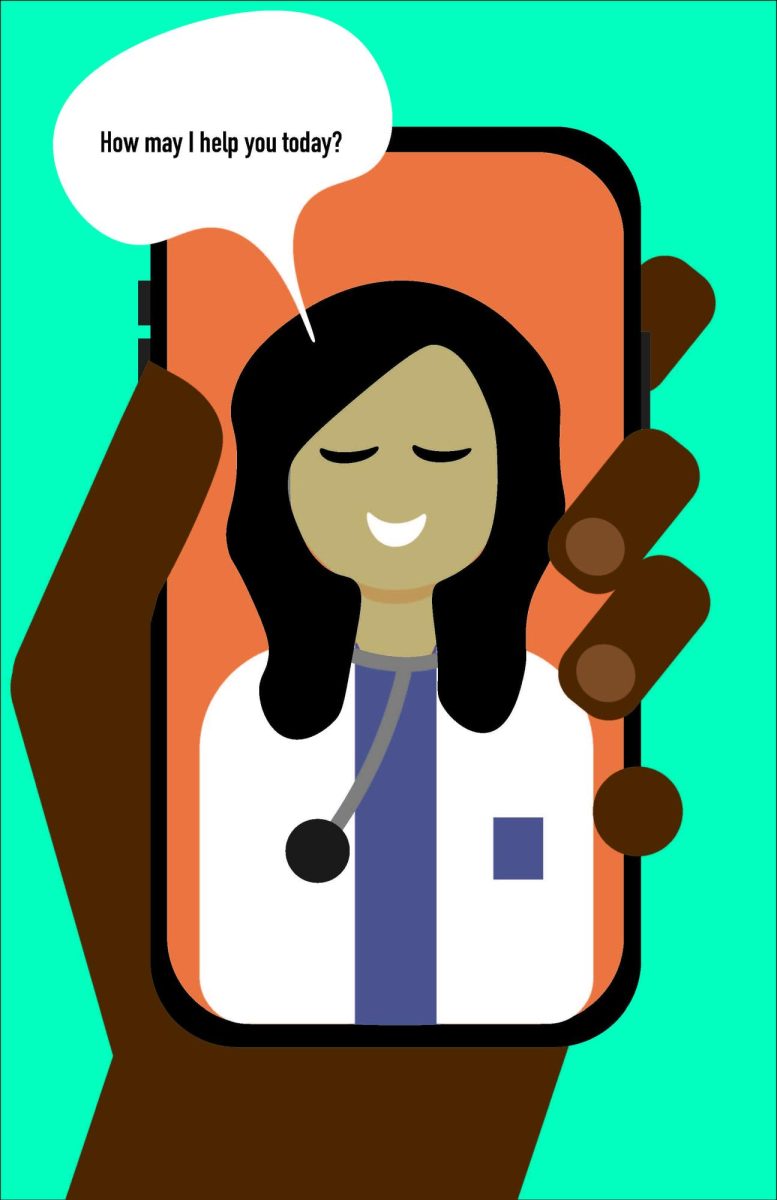When the COVID-19 pandemic began in the United States, many of us did not take it as seriously as it should have been considered. Now, nearly 6 months later, a majority of the country is still in a mandated quarantine and the time spent in public is paranoia-filled to say the least. Our country is now riddled with changes, many of which are likely here to stay and many here for the better. Let’s talk about how graduate school admissions, the one thing that didn’t change, amongst a pandemic display the true colors of these admission processes.
During the early quarantine, I spent day after day preparing my medical school admissions application. This included studying for and taking the Medical School Admissions Test (MCAT) and gathering the necessities for a quality application. I was fortunate that the latter half of my academic year was relatively low energy, allowing me to focus heavily on this admissions process.
I began to fully realize the ridiculousness that is graduate school, specifically medical admissions. The Graduate Record Examinations (GRE) as well as the Law School Admissions Test (LSAT) both became a proctor-run, online exam which examinees could take from their homes. The MCAT, however, while shortened from 7.5 hours to 5.5 hours, was still required to be taken in person.
It goes without saying that studying for that taking such a monumental exam in graduate admissions with this environment – unforeseeable changes and dangerous testing conditions – was a great stressor.
While many other graduate school admissions processes adapted well to the online process. Again, medical school admission did not.
Re-meds quickly realized that their admissions process was abysmal. Twitter took off with this, after the American Association of Medical Colleges (AAMC) botched a registration day in which students were required to re-register for their newly cancelled MCAT. Soon after, a group called Students for Ethical Admissions began online as a force for changing the medical school admissions process. This group successfully petitioned to many colleges to make the MCAT optional.
This, however, did not erase the sour taste from the mouths of students. It became clear, through the continued stringent requirements for volunteering, shadowing, and clinical hours in medical applications, that a pandemic was not enough to restructure this process.
Unless one began the process at the outset of high school, students spend their entire college career fulfilling the requirements. The pandemic, which devoured a whole year of their college careers, should have indicated that this is a ridiculous requirement.
Between “suggesting” a premedical student complete thousands of hours of clinicals, volunteering, and research all while maintaining fantastic grades – admissions to these schools inflates with every passing year. Even still, this was all required during the pandemic. Many sources of volunteering and research were shut down, but the common reply from admissions was, “well you shouldn’t have started this so late.”
Inflation of quality to applications became ever-present. By this, I mean that your doctor uncle’s confused questions in why you’re stressed about applying medical school because in his day, “I just took the exam and applied,” demonstrates the absurd requirements for applicants. Don’t get me wrong, you want the best qualified, hardest working medical applicants.
Medical schools are great at one thing – making doctors. The attrition rate for medical schools is infinitesimally small. Your matriculants need to be the best. It does not mean, however, that character-building is required for this process. The median MCAT scores have increased by the year. There’s a greater chance the interviewer had a weaker application than the applicant he’s turning down from medical school on account of believing “they couldn’t handle the workload.”
When the pandemic changed the country, the processes keeping our society afloat should have adapted appropriately. And they did. But not all of them. Doctors are a necessity in this country, but the barrier to entry increases yearly – it should not have taken a pandemic to bring this to light. Now that it’s apparent, we – graduate, medical, and law students alike – have an obligation to improve and balance the barrier to entry for all fields.
Applying to grad school during quarantine
October 2, 2020
Leave a Comment
More to Discover

